
Surfer injured in Californian shark attack
Occasional Holy Man and Luthier Who Offers Stray, Provocative, and Insouciant Thoughts About Religion, Archaeology, Human Foible, Surfing, and Interesting People. Thalassophile. Nemesis of all Celebrities [except for Chuck Norris]. He Lives Vicariously Through Himself. He has a Piece of Paper That Proves He's Laird of Glencoe.

The principal subject of the work was the proper governance of the churches ("polity"). Hooker considered fundamental questions about the authority and legitimacy of government (religious and secular), about the nature of law, and about various kinds of law, ranging from the laws of physics to the laws of England. The philosophical base of his work was Aristotelian, drawing from Thomas Aquinas, with a strong emphasis on natural law, eternally planted by God in creation. Hooker argued that all positive laws of Church and State are developed from Scriptural revelation, ancient tradition, reason, and experience. Hooker believed that the church should be a broad, tolerant, inclusive body, in which as many as possible could worship God. He emphasized the importance of corporate worship and reading of the Bible. He stressed the Sacrament of Holy Communion as the best way for the believer to participate with Christ in God's Incarnation. Hooker argued for a "Via Media" (middle way) between the positions of the Roman Catholics and the Puritans. Hooker argued that reason and tradition were important when interpreting the Scriptures, and argued that it was important to recognize that the Bible was written in a particular historical context, in response to specific situations: "Words must be taken according to the matter whereof they are uttered" (Lawes IV.11.7).Yes, that portion above in boldface was marked by yours truly. This has been, and remains, the primary intention of Anglican theology, and the one that is tested again and again generation after generation.

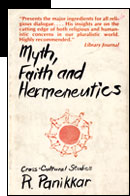

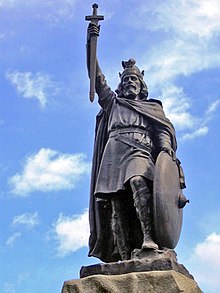
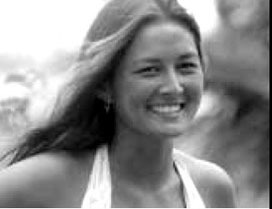





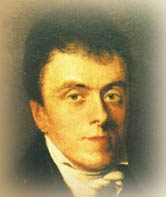
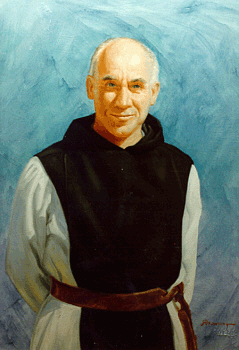


"...one of the most prominent and remarkable figures in thirteenth-century English intellectual life. He was a man of many talents: commentator and translator of Aristotle and Greek patristic thinkers, philosopher, theologian, and student of nature. He was heavily influenced by Augustine, whose thought permeates his writings and from whom he drew a Neoplatonic outlook. But he was also one of the first to make extensive use of the thought of Aristotle, Avicenna and Averroes. He developed a highly original and imaginative account of the generation and fundamental nature of the physical world in terms of the action of light, and composed a number of short works regarding optics and other natural phenomena, as well as works of philosophy and theology. As bishop, he was an important figure in English ecclesiastical life, focusing his energies on rooting out abuses of the pastoral care, which in later life he traced to the papacy itself. He made a powerful impression on his contemporaries and subsequent thinkers at Oxford, and has been hailed as an inspiration to scientific developments in fourteenth-century Oxford.

Saint Philip the Evangelist appears several times in the Acts of the Apostles. He was one of the Seven Deacons chosen to care for the poor of the Christian community in Jerusalem (Acts 6). He preached and performed miracles in Samaria, and met and baptised an Ethiopian man, a eunuch, in Gaza, traditionally marking the start of the Ethiopian Church (Acts 8). Later, he lived in Caesarea Maritima with his four daughters who prophesied, where he was visited by Paul (Acts 21).More may be read of him at the link.
In 1939 Parker decided to stick around New York City for a while. There he remained for almost a year, worked as a professional musician and jamming for pleasure on the side. After his yearlong stint in New York, Parker was featured as a regular performer at a Chicago club before deciding to move back to New York permanently. Freshly back in New York, Parker was at first forced to wash dishes in order to get by. At work, Charlie met guitarist Biddy Fleet. It would prove a fruitful encounter. While jamming with Biddy Fleet, Parker, who was bored by popular musical conventions, discovered a signature technique that involved playing the higher intervals of a chord for the melody and making changes to back them up accordingly.
At the end of that year, [Parker and Gillespie] launched a six-week nightclub tour of Hollywood. Together they managed to invent an entirely new style of jazz, commonly known as bop, or bebop. After the joint tour, Parker stayed on in Los Angeles performing until the summer of 1946. After a period of hospitalization, he returned to New York in January of 1947 and formed a quintet there. With his quintet, Parker performed some of his best-known and best-loved songs. During this time, he managed to showcase his talents, not only by playing bebop, but also by composing his own songs, including ballads like "Embraceable You," which falls under the broader jazz genre. From 1947 to 1951 Parker performed in ensembles and solo at a variety of venues, including clubs and radio stations. Parker also signed with a few different record labels during his later career. From 1945 to 1948 he recorded for Dial. In 1948 he recorded for Savoy Records before signing with the Mercury label. In 1949 Parker made his European debut at the Paris International Jazz Festival, and went on to visit Scandinavia in 1950. Meanwhile, back home in New York, the Birdland Club was being named in his honor. In March of 1955, Parker made his last public performance at Birdland, a week before his death.All of his recordings are still available in a variety of collections and media. Clint Eastwood directed a film biography of him back in 1988 that was well-received by critics and jazz aficionados. His place in the mid-century mind serves as the soundtrack for much of the experimental art of the period. Below is one of my favorite TV moments from the old Tonight Show in 1958 or so, when the host, Steve Allen, played jazz piano behind Jack Kerouac reciting his poem, "Charlie Parker". [Curmudgeon alert: Nowadays the Tonight Show features some giggling goof attempting to encourage a complete sentence out of some vapid and interchangeable young actress.]



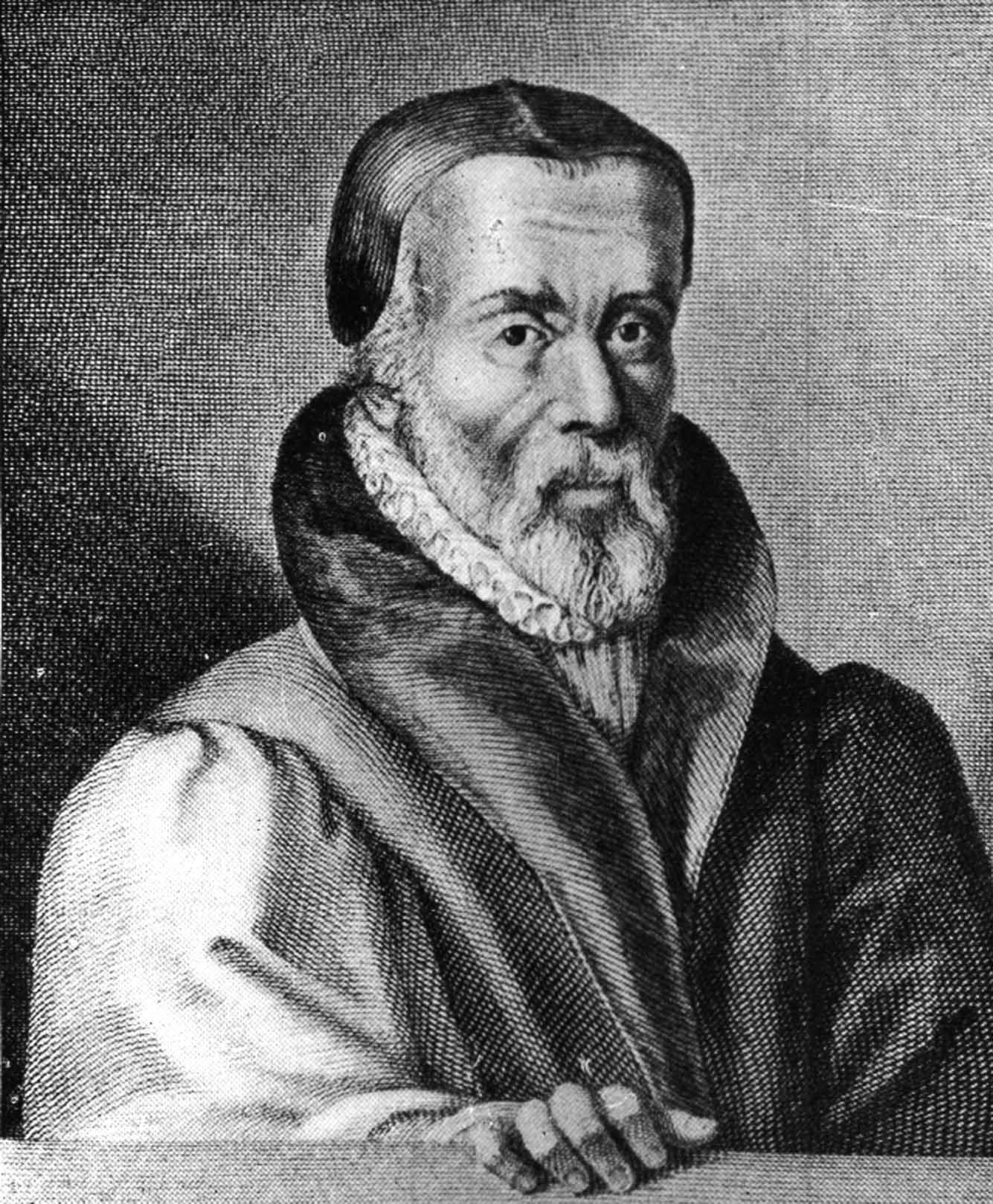
[Tynedale] was a sixteenth century Protestant reformer and scholar who translated the Bible into the Early Modern English of his day. Although a number of partial and complete English translations had been made from the seventh century onward, Tyndale's was the first to take advantage of the new medium of print, which allowed for its wide distribution. In 1535, Tyndale was arrested, jailed in the castle of Vilvoorde outside Brussels, Belgium for more than a year, tried for heresy and treason and then strangled and burnt at the stake in the castle's courtyard. At the time, the Church believed that if lay people had direct access to the Bible they would misinterpret and misunderstand what they read. Possibly, they would question the teaching of the Church and the authority of the priests. By keeping the Bible in Latin, which few other than priests and scholars could, read, the role of the priest as gatekeeper was protected. Tyndale also made a significant contribution to English through many of his phrases that passed into popular use. His legacy lives on through his continued influence on many subsequent English translations of the Bible. Much of Tyndale's work eventually found its way into the King James Version (or Authorized Version) of the Bible, published in 1611, and, though nominally the work of 54 independent scholars, is based primarily on Tyndale's translations.Yes, you read that correctly. He was both strangled and burnt at the stake. They took heresy, or even what's now called academic freedom, rather seriously in those days.